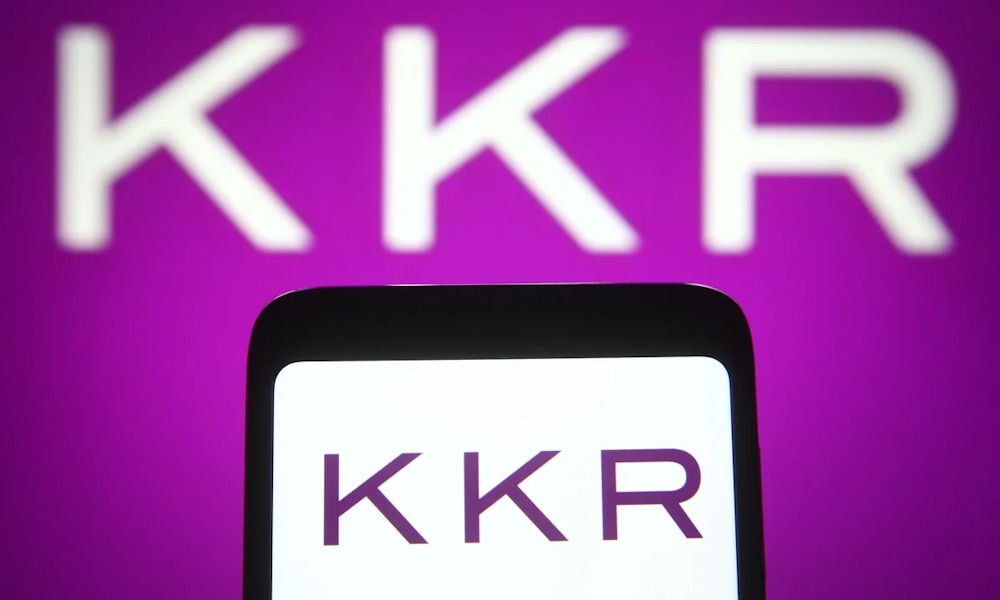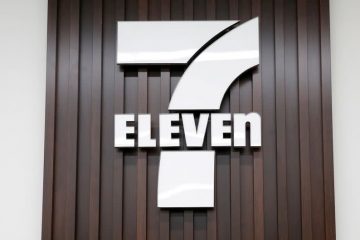KKR founders facing a lawsuit for pay without work

KKR founders are facing a lawsuit that alleges they received a substantial payday without putting in any work.
The lawsuit adds to the growing legal scrutiny surrounding complex tax arrangements that benefit prominent figures in the private-equity industry.
Upon passing on the reins of their private-equity firm KKR to their successors in 2021, Henry Kravis and George Roberts reaped the rewards with shares currently valued at over $650 million.
A new lawsuit alleges that the company made payments to Kravis and Roberts without receiving any corresponding benefits. Their windfalls were the result of a complex financial arrangement that has generated billions for other entrepreneurs and financiers in comparable deals.
A representative from KKR expressed that the agreement would bring significant advantages to shareholders. The company stated that the lawsuit lacks legal merit and presents an inaccurate portrayal of the transaction. According to her, KKR plans to file a motion to dismiss the lawsuit.
A shareholder suit has been filed by a Steamfitters union local pension fund, adding to the growing number of legal actions in Delaware courts. These actions have the potential to compel private-equity executives to return their payouts. So far, a healthcare company has reached a settlement of $71 million to resolve a comparable lawsuit, and judges have made rulings in other cases that have mostly favored the plaintiffs.
The KKR lawsuit targets a payment that is supposedly linked to a tax receivable agreement, or TRA. TRAs are commonly used in conjunction with specific corporate structures to facilitate the creation and sharing of potentially valuable tax assets between the company and its early investors.
Although TRAs are becoming more prevalent, they have also sparked controversy and led to numerous legal battles against private-equity firms and a few of their portfolio companies. According to the plaintiffs, instead of benefiting the public companies through these deals, boards have often prioritized the interests of early investors, even if they don’t contribute much value.
“This case involves two individuals from the financial industry who aimed to benefit themselves and their colleagues by following the example set by their peers,” states the complaint, which was filed in the Delaware Court of Chancery and made public on Tuesday.
The union pension fund’s lawsuit includes Kravis and Roberts as defendants, along with current KKR co-Chief Executives Scott Nuttall and Joseph Bae, other board members, and the company itself. The lawsuit resembles other legal actions taken against competitors Apollo Global Management and Carlyle Group, as well as website host GoDaddy.
The cases are at different stages as they make their way through the Chancery courts, with judges ruling in favor of plaintiffs in some other cases.
A healthcare company, Premier, reached a settlement of $71 million earlier this year to resolve a lawsuit related to TRA, which was filed by the same group of plaintiffs’ lawyers. Earlier this year, a judge ruled that another case involving a $344 million payment made to Carlyle founders and employees could proceed. Last year, a case was permitted to move forward, questioning the board’s decision at GoDaddy to pay $850 million to early investors, which included KKR. The company had valued these obligations at $175 million on its own books.
Representatives from Carlyle and GoDaddy chose not to provide any comments regarding the ongoing litigation.
There are differences between the cases, which has led to resistance from certain companies.
For instance, Apollo stated in a filing that the payments made to its founders were a result of the firm’s previous significant TRA payments to rights holders and the decision of some rights holders to give up control of the firm. Apollo’s legal team also mentioned that the transaction underwent extensive negotiations with a conflicts committee comprised of independent directors. This committee determined that the payments were suitable and even managed to negotiate them down from the original amount requested by the co-founders.
TRAs are agreements made between companies and early investors that provide companies with opportunities to reduce their corporate income taxes. The savings are created when early investors sell their stakes on the public markets before the company goes public.
Many of the recent controversies surrounding TRAs revolve around situations where company boards have chosen to compensate early investors with significant sums of money, even if these investors did not generate the sales necessary to create tax assets or receive payments proportional to what the companies paid out. In numerous instances, a number of board members had personal interests tied to the payments that were approved by the board.
The lawsuit against KKR claims that Kravis and Roberts originally requested 8.5 million new shares, valued at over $500 million at the time, as compensation for themselves and other TRA rights holders during a corporate reorganization of the firm in 2021. They acquired the shares even though neither individual had previously sold any shares that would create a tax benefit for the company.
In contrast, KKR’s advisers concluded that the payment could be considered as remuneration for Kravis and Roberts potentially relinquishing their control over the company’s special shares in the coming years.
The lawsuit claims that the shift was merely a “rebranding” of the TRA payout. The lawsuit claims that references to “TRA termination payments” were crossed out in board materials, even though the payment itself remained unchanged.
According to the plaintiffs, the reorganization pivot also allowed Kravis, Roberts, Bae, and Nuttall to gain more stock at the expense of other shareholders.
As part of the reorganization, the four individuals were granted an extra 3.3 million shares of unowned stock. These shares had previously been forfeited by employees who had left the company before their benefits were fully vested. The shares were valued at over $200 million at the time.










